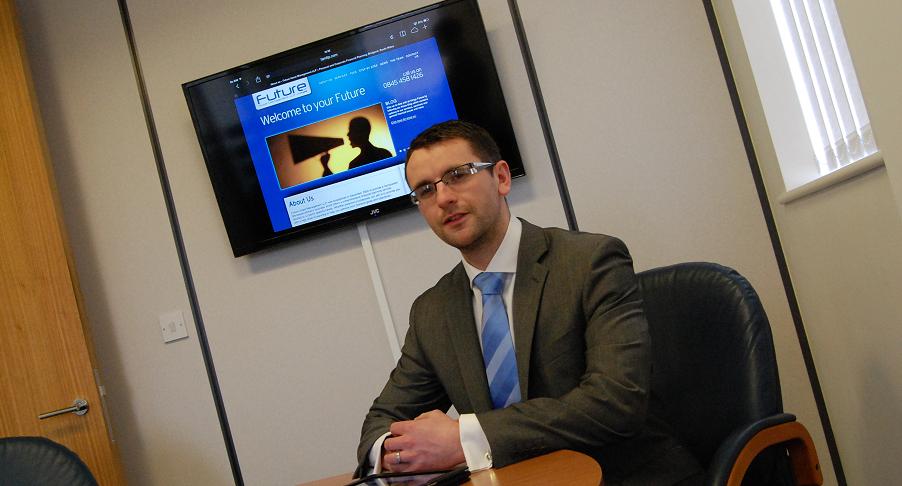Financial planning firm Future Asset Management LLP has been appointed by national firm Smyths Toys to assist with the arrangement of their corporate pension schemes. This is in readiness for their new employer responsibilities brought about by pension legislation surrounding Automatic Enrolment and Workplace Pensions. The account involves 1,664 employees across 47 stores around the UK and Northern Ireland.
Previously, it was only a legal requirement for employers of more than five employees to have a pension scheme available but there was no obligation to make contributions. Many employees did not adhere to these rules but very few were disciplined.
Under the new legislation all employers must have a Qualifying Workplace Pension Scheme in place. The employer must automatically enroll eligible employees into a pension scheme and make contributions on their behalf.
The new legislation clearly defines fines for non compliance. For example, a firm with five workers and non compliant can result in a fine of £500 per day, and for a firm with 50 employees the fine can reach £2,500 per day. It is therefore of the utmost importance to have measures in place that make firms compliant with legislation.
“Many employers, like Smyths Toys, feel a duty of care towards employees and look to provide a proposition that will benefit their staff”, says Graham Wingar, Partner at Future Asset Management LLP. He goes on to say, “We ensure that we not only help employers comply with the new legislation but provide a quality pension proposition for their employees. Statistics have shown that the vast amount of employees who are eligible to go into a scheme have stayed in that scheme. This means it is vital to ensure that the contributions of the employer and employee are managed and invested effectively.”
“Smyths Toys doubles its workforce around the Christmas season,” continues Mr Wingar, “it was therefore important to ensure the temporary workforce were not placed into a pension scheme which could only receive a month or two’s worth of contributions. This would not have benefited the employee or the employer and would have greatly increased administration. We utilised certain postponement methods to ensure the ease of administration of the pension scheme during the busy Christmas period.”



















